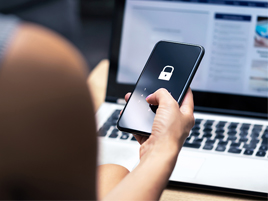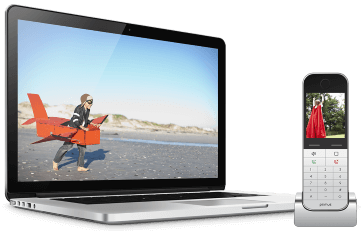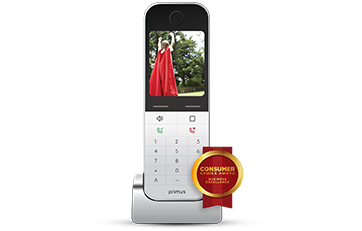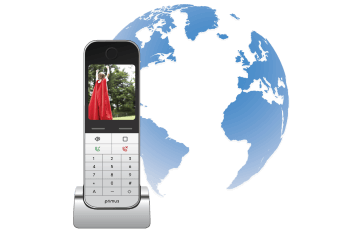Brought to you by Primus - a smart choice for your Internet and Home Phone services.

Every single one of us is vulnerable because of how we behave online. But it’s easy to reduce your online vulnerability. Here’s how.
Delete Accounts
Every account you have with someplace online is a way you can be attacked or a place your information can be stolen from. So, do this: make a big list of everywhere you have an account. Look through your email account, especially for receipts from online purchases. Then, figure out which ones you can delete. If it’s unclear how to delete an account in question, check Account Killer, a site that makes removing old accounts easy.
Use Guest Checkout
Of course, once you’ve reduced your online footprint, it does no good to expand it again. When shopping online, think long and hard about which stores you really want to have accounts with. Keep in mind, when you have an account with someone, your information such as your phone number, email, address, and credit card info is all saved. Sometimes this makes sense. Sites that you use a lot or that are large and have good security are probably safe. However, if you’re purchasing something from a site once or it just isn’t worth the risk to keep your information with them, use guest checkout. This way, none of your information will be saved.
Use Burner Emails
Sometimes you need to use an email address to sign up for something, but you don’t really want to give your email address away. You can set up a silly email address that you only use for cases like this. Or you can use a service such as tempmail, guerrilla email, or burner mail to set up an easy email account you can throw away.
Don’t Use Public Wi-Fi
With public Wi-Fi, you don’t know how secure it is or who is listening. If you absolutely must use public Wi-Fi, follow some safety tips.
Don’t Reuse Passwords
We’ve all heard this advice numerous times because it’s true. Reusing a password is like reusing a key. If your safe keys were stolen, it would be bad enough that the thief could access your safe. It would be far worse if the thief could also access your car, house, storage, shed, and everything else.
Be Careful What You Post
Posting a selfie from Disneyland is a great way to let your followers know that you’re not home. Lock down your account and make sure it isn’t public, then maybe save the celebratory vacation posts for when you get home.
Use a Password Manager
If you have a hard time with a lot of passwords, consider a password manager.
Don’t Fill In Silly Quizzes
Those dumb Facebook memes that say your Star Wars name is the name of your first pet plus your favourite tree are a sneaky way to get you to post the name of your first pet, which is a common security question. Now that you know this, you’ll see people posting all kinds of information like that on Facebook. Don’t be a sucker.






